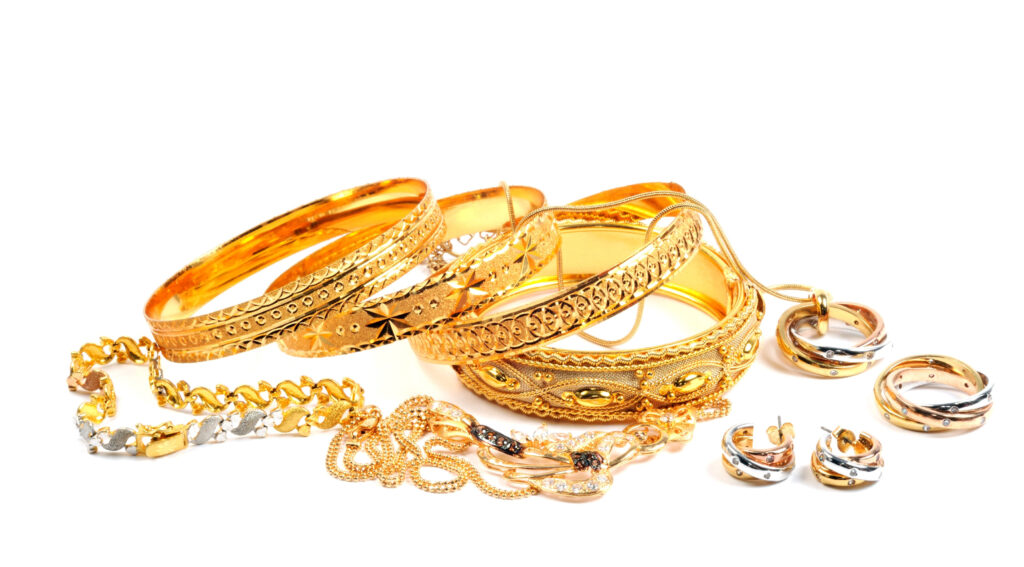How to Choose the Best Place to Sell Gold Near…
How to Choose the Best Place to Sell Gold Near You When people search for Sell Gold Near Me, they…
For generations, Indians have turned to gold as an investment. As a result, selling gold to address urgent financial needs is a common practice in India. The country’s markets are flooded with opportunities to purchase and dispose of jewelry. However, while banks readily sell gold bullion, bars, or coins to the public, they don’t repurchase them. This leaves individuals with the only option of selling their gold to jewelers or Gold Buyers. These sellers often levy substantial fees for wastage, melting, and other processes. Consequently, customers may only receive around 60-65% of their gold’s actual value, which is significantly disadvantageous for them.

Selling gold Jewellery requires careful consideration and awareness of certain critical factors to ensure you receive the best value.
Reputable buyers like Hns Gold typically request the original purchase invoice during the gold selling process. This document confirms the purity mentioned, ensuring transparency and minimizing disputes.
Given the absence of a standardized method to pinpoint gold’s selling price, it’s prudent to seek price quotes from multiple dealers. However, for the most competitive rates, consider checking with HNS Gold.
Local Jewelry Stores: They offer the advantage of face-to-face negotiations but might provide a price below market value.
Online Buyers: Platforms like CashforGold or Gold Buying companies can be convenient, but always research their reputation.
Gold Parties: Popular but not always the best option. You might be pressured into selling at lower prices.
Ensure your pieces are either hallmarked or pure 24-carat gold. For instance, a 916 hallmark signifies 91.6% gold purity, with the remainder being alloy. Absence of a hallmark can lead to potential purity undervaluation.
Dealers employ various purity testing methods, from acid and electrical conductivity tests to XRF tests. Some might even melt the jewelry to assess purity and weight, which can be disadvantageous if you disagree with their assessment
Ideally, consider selling back to the store of purchase. They’re likely to offer a rate based on the original purity grade.
Always be cautious. If an offer sounds too good to be true, it probably is. Check for certifications or affiliations with professional organizations, and always ask for references or read reviews.
Selling gold jewelry can be profitable if approached with knowledge and caution. By understanding the value of your pieces and researching potential buyers, you can ensure that you get the best deal possible. Remember, while the allure of immediate cash can be tempting, a little patience and diligence can pay off in a much more rewarding transaction.
How to Choose the Best Place to Sell Gold Near You When people search for Sell Gold Near Me, they…
Sell Gold for Cash: A Safe and Transparent Process Explained Selling gold is no longer something people do only during…
9th Year Annual Meet 2026 A Grand Celebration of Unity, Growth & Vision Kochi, Kerala | January 24 to 27,…
For security purposes, please solve this simple puzzle to verify you are human before sending an OTP.
WhatsApp us